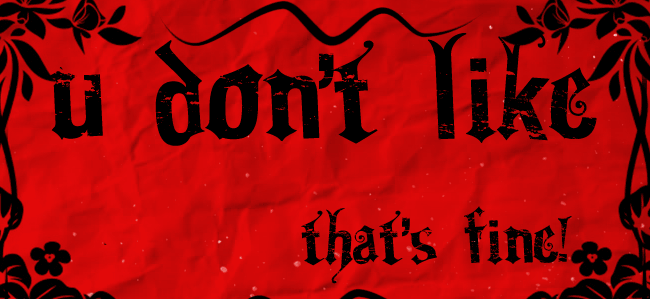
The Black Panther Party (originally the Black Panther Party for Self-Defense) was an African-American revolutionary organization established to promote Black Power, and by extension self-defense for blacks. It was active in the United States from the mid-1960s into the 1970s. The Black Panther Party achieved national and international fame through their deep involvement in the Black Power movement and in US politics of the 1960s and 70s. The Black Power movement is considered to be one of the most significant social, political and cultural movements in US history. "The movement [had] provocative rhetoric, militant posture, and cultural and political flourishes permanently altered the contours of American Identity."
Founded in Oakland, California, by Bobby Seale and Huey P. Newton on October 15, 1966, the organization initially set forth a doctrine calling for the protection of African American neighborhoods from police brutality, in the interest of African-American justice. Its objectives and philosophy changed radically during the party's existence. While the organization's leaders passionately espoused socialist and communistdoctrines, the Party's black nationalist reputation attracted an ideologically diverse membership. Ideological consensus within the party was difficult to achieve. Some members openly disagreed with the views of the leaders.
In 1967 the organization marched on the California State Capitol in Sacramento in protest of a selective ban on weapons. The official newspaper The Black Panther was also first circulated that year. By 1968, the party had expanded into many cities throughout the United States, including Chicago, Los Angeles, Detroit, San Diego, Denver, Newark, New York City, Boston, Philadelphia, Pittsburgh, Cleveland, Seattle, Washington, D.C., and Baltimore. That same year, membership reached 5,000 and their newspaper, under the editorial leadership of Eldridge Cleaver had grown to a circulation of 250,000.
The group created a Ten-Point Program, a document that called for "Land, Bread, Housing, Education, Clothing, Justice and Peace", as well as exemption from conscription for African-American men, among other demands.[5] With the Ten-Point program, “What we Want, What We Believe”, the Black Panther Party captured in uncompromising language the collective economic and political grievances articulated by black radicals and many black liberals since the 1930s.
While grounded in black nationalism, the party changed as it grew to national prominence and became an icon of the counterculture of the 1960s. The Black Panthers ultimately condemned black nationalism as "black racism". They became more focused onsocialism without racial exclusivity. They instituted a variety of community social programs designed to alleviate poverty and improve health among communities deemed most needful of aid. It also recognized that different minority communities (those it deemed oppressed by the US government) needed to organize around their own set of issues and encouraged alliances with such organizations
The group's political goals were often overshadowed by their confrontational, militant, and sometimes violent tactics, and by their suspicions of law enforcement agents. “ Federal Bureau of Investigation Director J. Edgar Hoover called the party “the greatest threat to the internal security of the country,” and he supervised an extensive program of counter-organizing that included surveillance,eavesdropping, infiltration, police harassment, perjury, and a laundry list of other tactics designed to incriminate party members and drain the organization of resources and manpower. ” Through these tactics, it was thought that their potential for further advancement would diminish and probability of continuing to serve as a threat to the general power structure of the US, or maintain a presence as a strong undercurrent would shrink.” While party membership started to decline during Huey Newton's 1968manslaughter trial, the Black Panther Party collapsed altogether in the early 1970s. Writers such as former Communist Party USA member Angela Davis and writer and political activist Ward Churchill have alleged that law enforcement officials went to great lengths to discredit and destroy the organization, including assassination.
.gif)




No comments:
Post a Comment